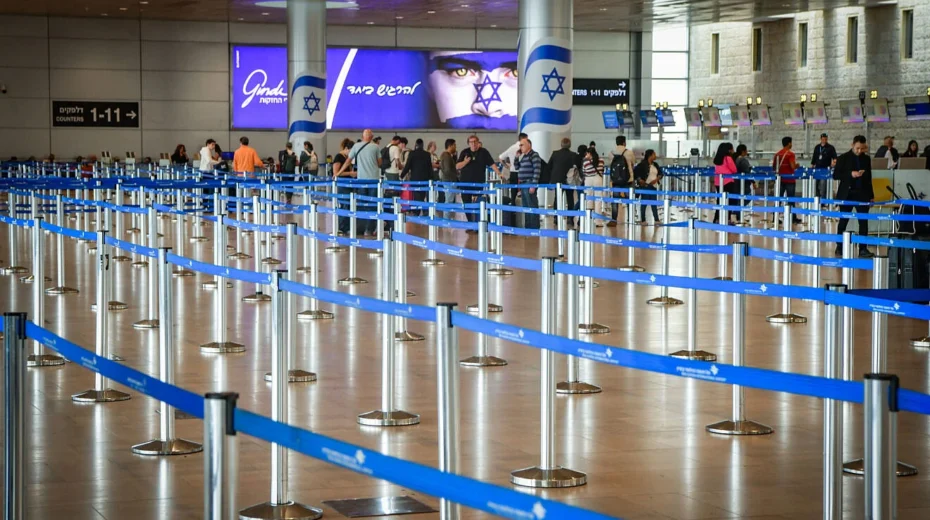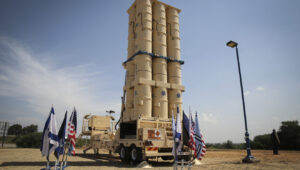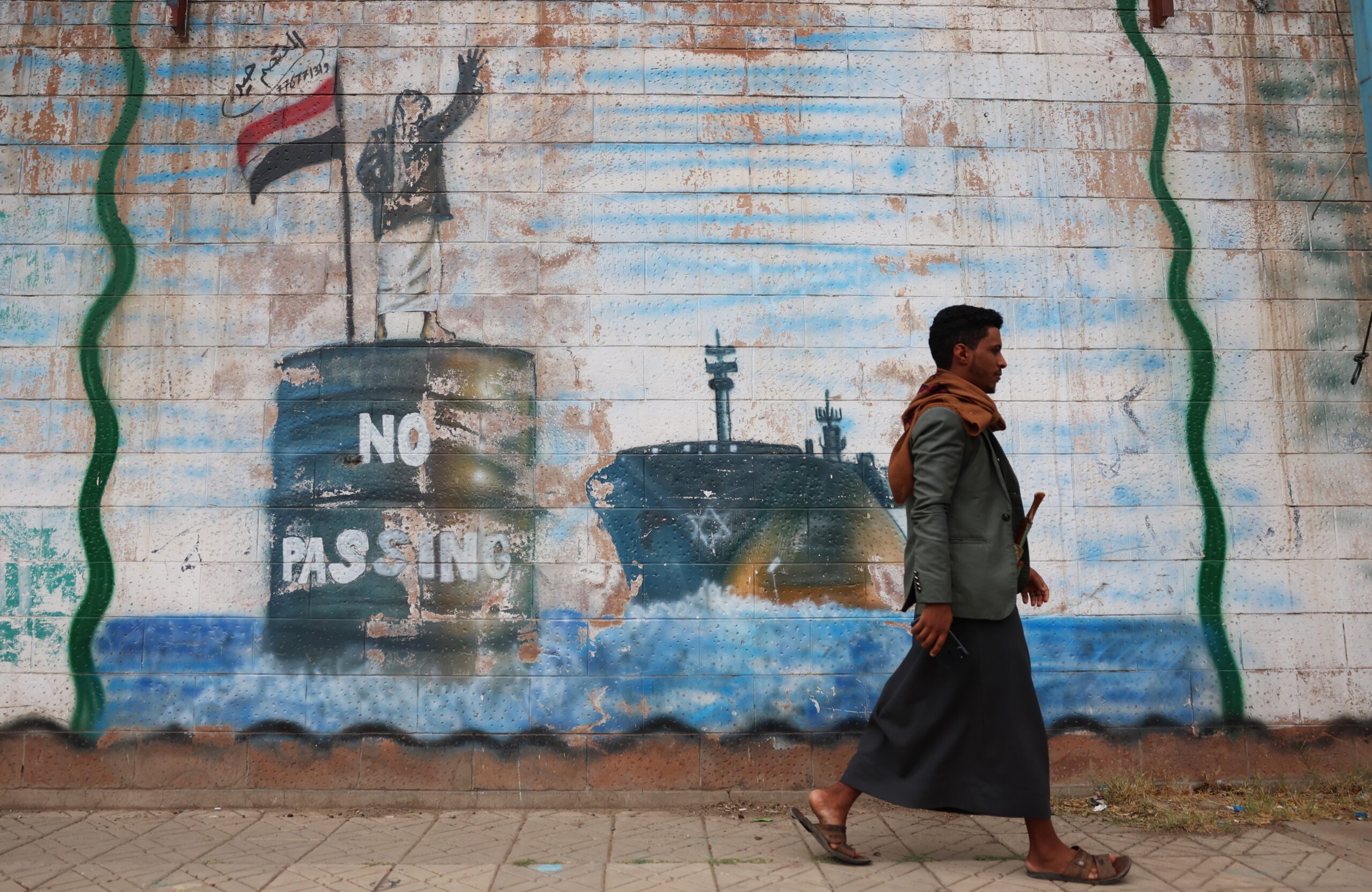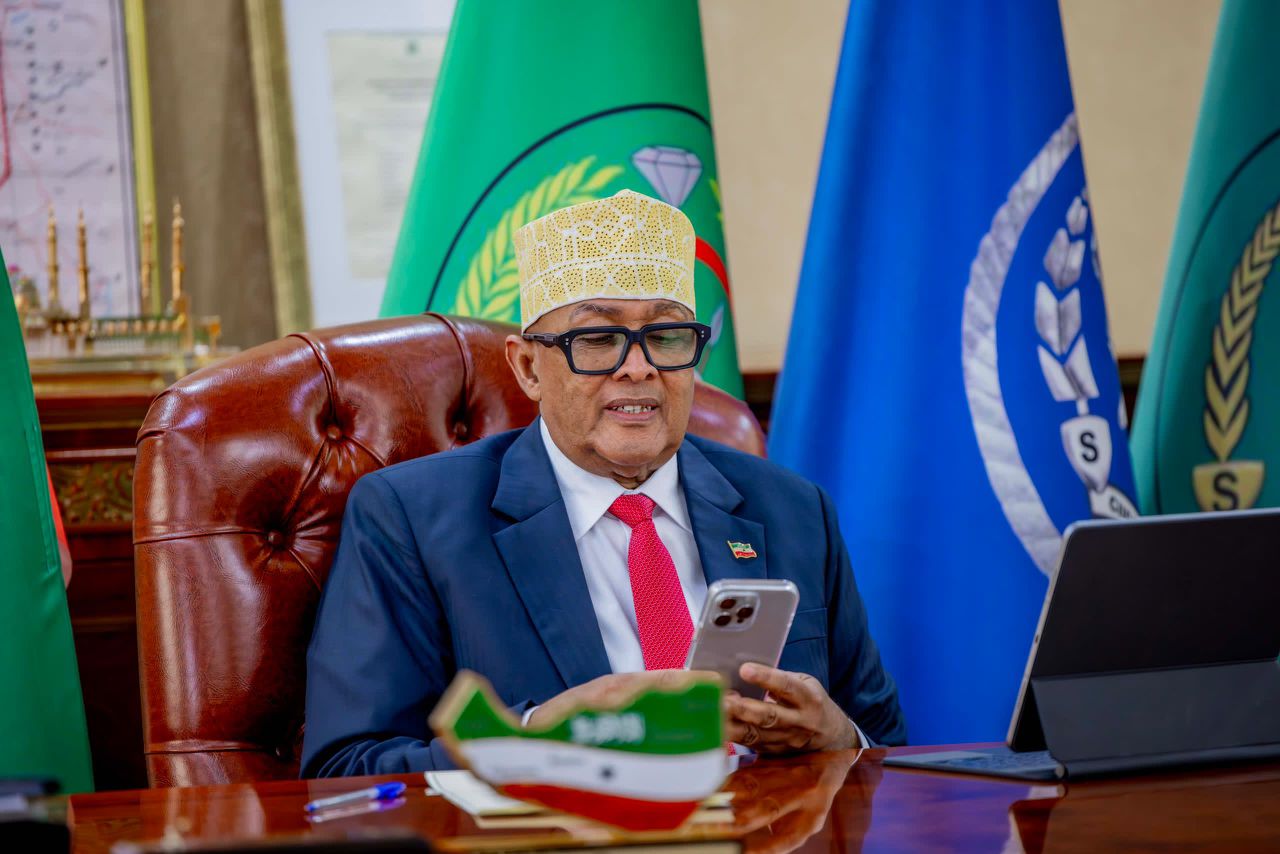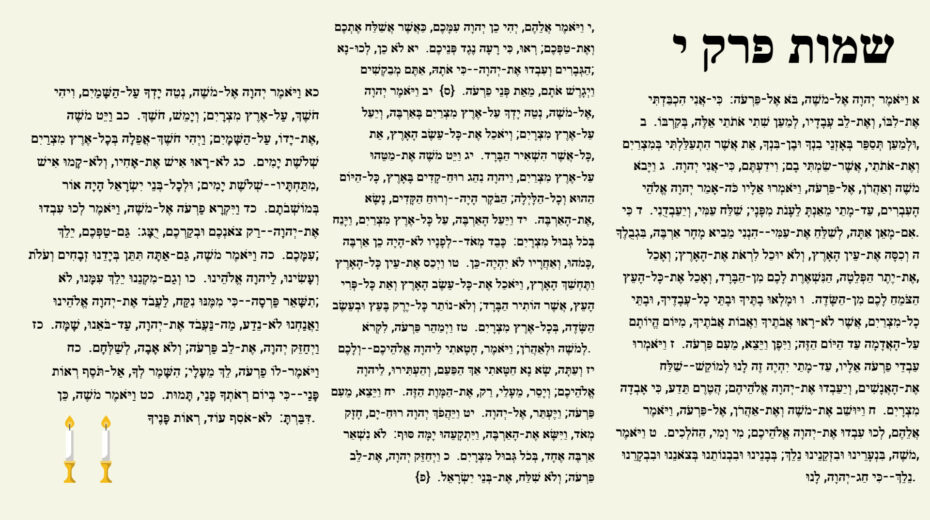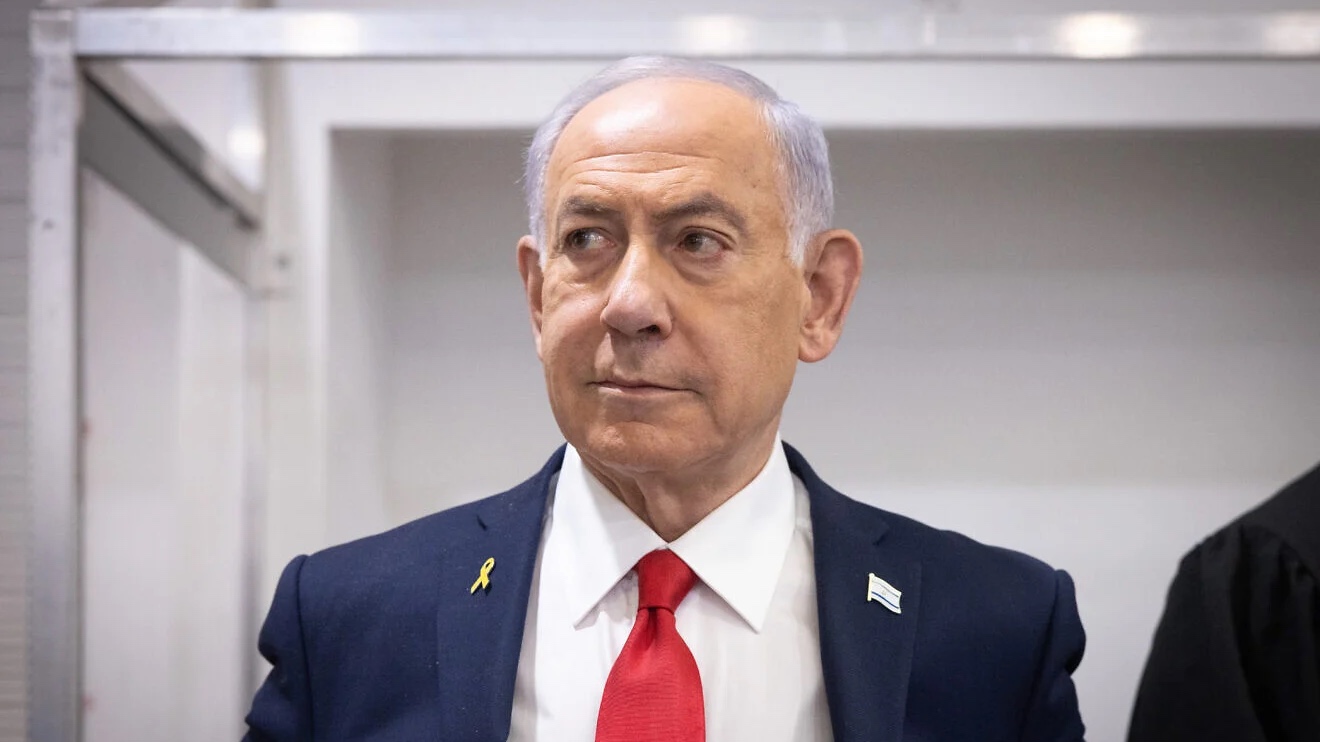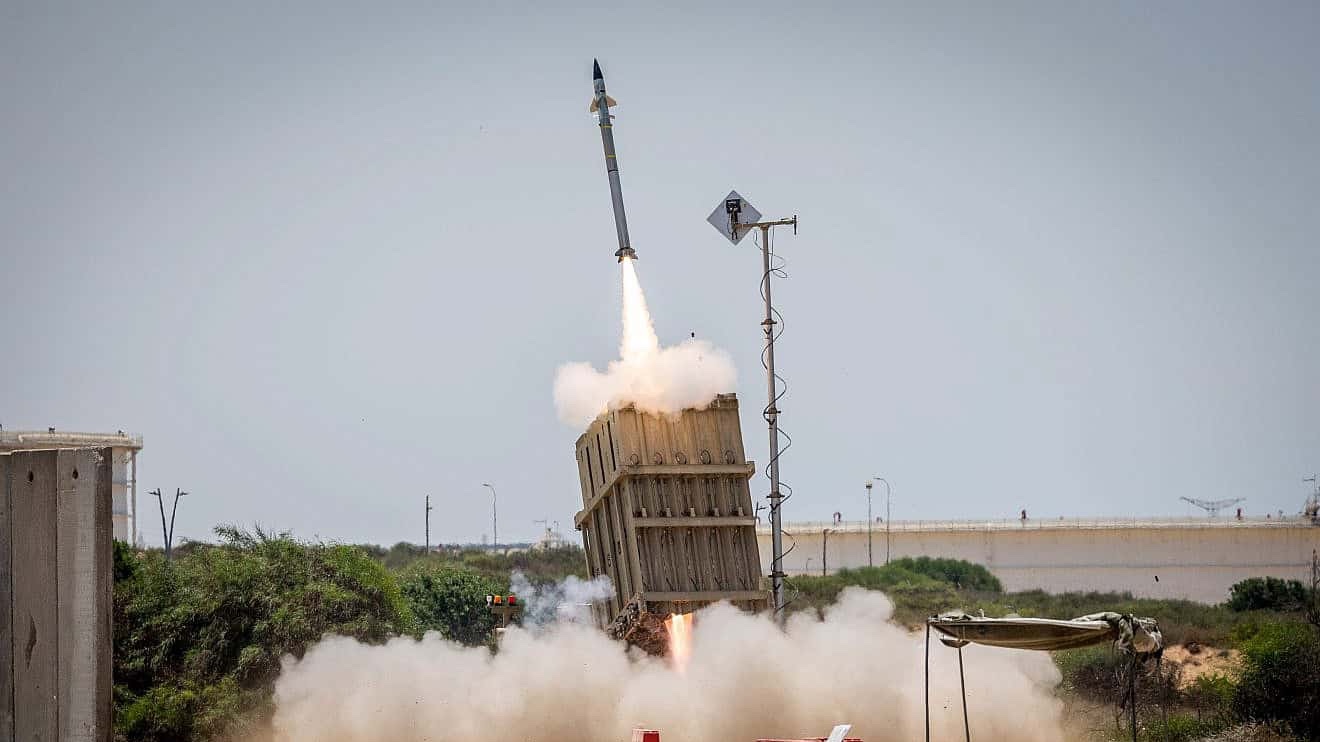Yemen’s Iran-backed Houthi movement on Sunday escalated tensions in the Middle East by threatening to impose a “comprehensive aerial blockade” on Israel. This declaration followed a ballistic missile strike that lightly to moderately injured six individuals and disrupted operations at Ben-Gurion International Airport near Tel Aviv.
The Houthis called on international airlines to cancel flights to Israel, a move that has already led to widespread flight cancellations until at least Tuesday.
Technical error
The Houthis have launched dozens of long-range missiles and attack drones at Israel over the past year, with Israeli, American, and other regional forces successfully intercepting some 95% of the projectiles.
It was expected that the Houthis would issue grand boasts and threats the first time one of their missiles got through.
The Israeli army conducted a full investigation into why the Houthi missile succeeded in hitting near Ben-Gurion Airport, and concluded that there had been an isolated technical malfunction in the Arrow 3 interceptor launched to take out the threat. Reports indicated that an American THAAD interceptor also failed to hit the Houthi missile.
Regional and international reactions
Israel Minister of Transport Miri Regev announced ongoing efforts with airlines and governmental bodies to restore normal airport operations. Simultaneously, Israel’s Security Cabinet convened, deciding to coordinate any military retaliation with Washington.
Prime Minister Benjamin Netanyahu directly implicated Iran, aligning his statements with those of US President Donald Trump. Netanyahu’s suggested that Israel would retaliate against both the Houthis and their Iranian “terror masters.”
Trump had previously warned on social media that Iran was playing with fire by continuing to attack Israel and international interests through its Middle East proxies, in particular the Houthis in Yemen.
President Trump is absolutely right!
Attacks by the Houthis emanate from Iran. Israel will respond to the Houthi attack against our main airport AND, at a time and place of our choosing, to their Iranian terror masters. pic.twitter.com/eO4hyUzNsI
— Benjamin Netanyahu – בנימין נתניהו (@netanyahu) May 4, 2025
Broader geopolitical context
Many see this latest development as a critical test for Israel and the Trump administration. How Israel and the United States decide to respond is being closely monitored in Tehran. Militarily, the Houthis are not a serious threat, and yet have managed to cause both regional and global disruption.
If superior powers like Israel and the US are unwilling or unable to respond in a way that restores the balance of power, the implications would be dire.
Want more news from Israel?
Click Here to sign up for our FREE daily email updates


